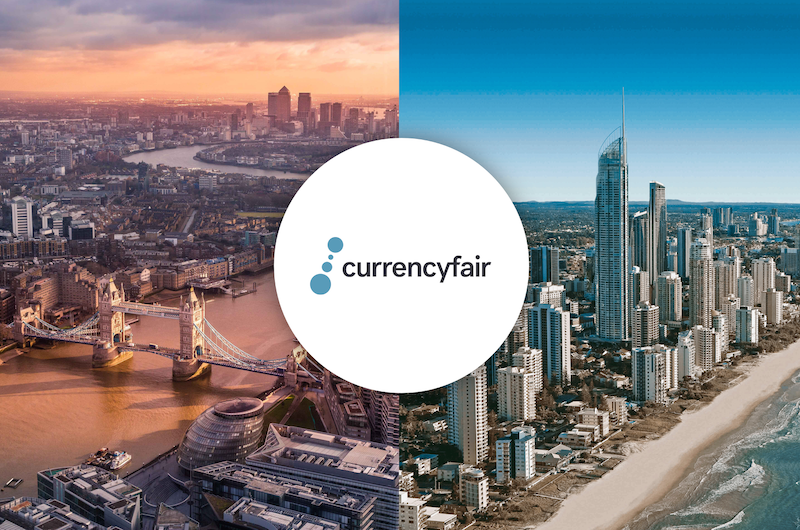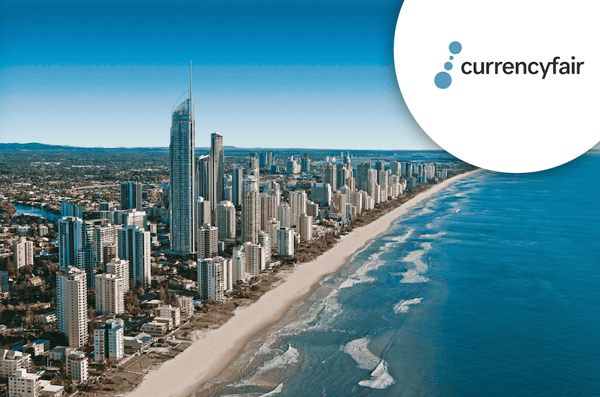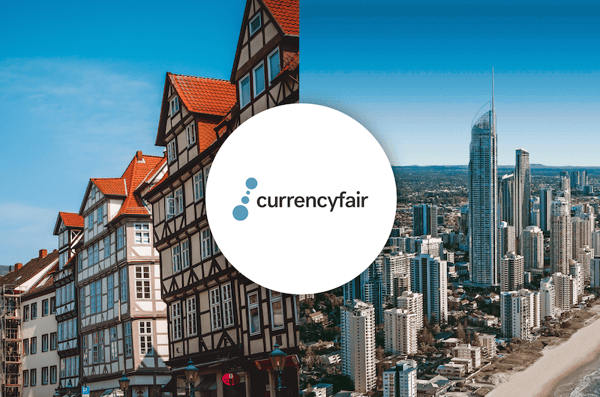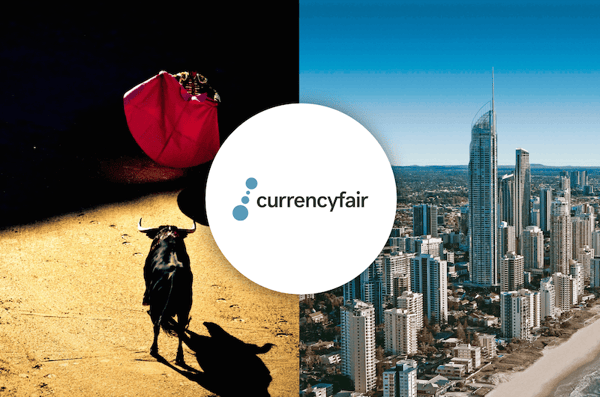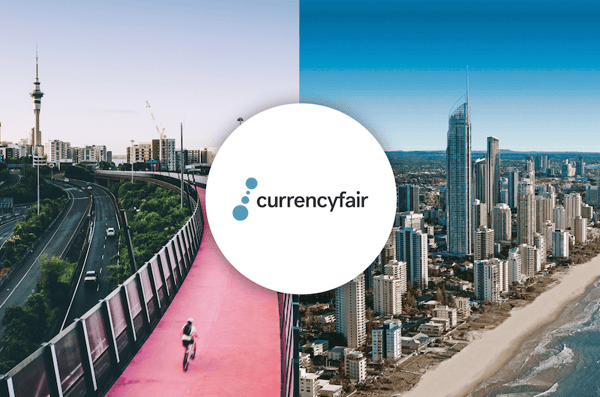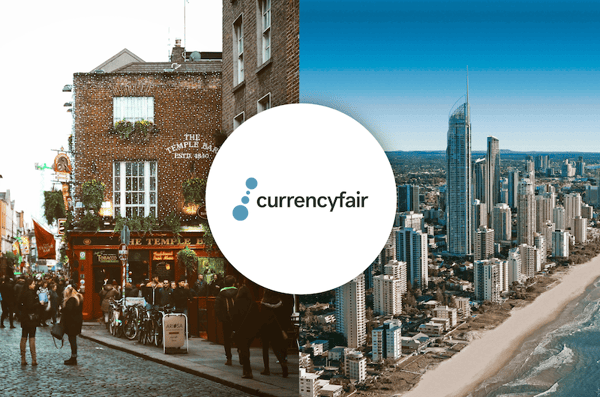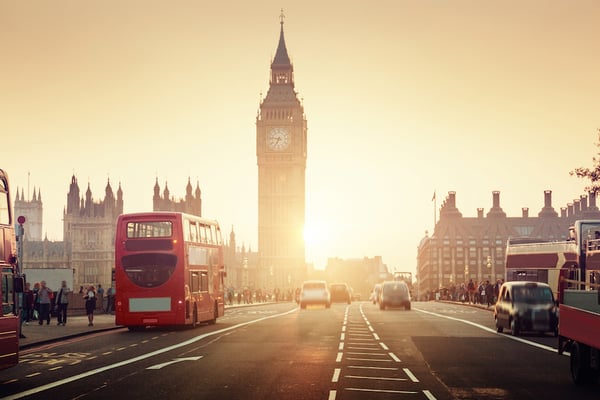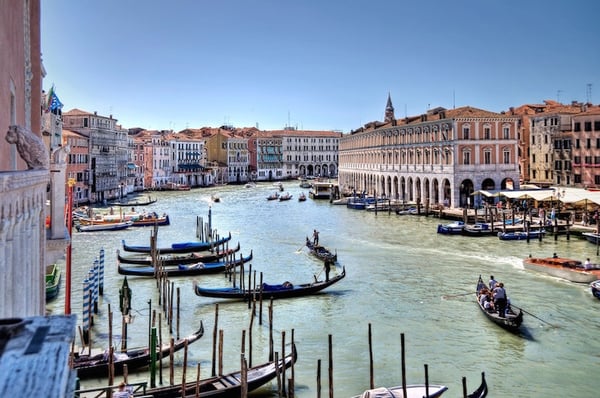People all around the world often harbour the dream of moving to start a new life in Australia. For some, it’s the need to escape a dreary 9 to 5 or a cold climate that makes Australia an expat hub. For others, it is the desire to make a fresh start on a continent known for sun, sand and surf.
In 2018, Australia continues to be an attractive destination for expats from across the globe seeking all the above Down Under. Not only is the temperature around 12 degrees warmer in parts of Australia compared to the UK, but according to Expatistan, the cost of living in some cities in Australia is 12% cheaper than in the UK too. The attractive cost of living is a major financial advantage, allowing you to earn a good salary but spend less.
For a British expat living in Australia, we breakdown the cost of living.
Ranking for Cost of Living

Sydney is currently ranked in 21st position in a 2018 Numbeo cost of living survey, with an index of 80 for cost of living for things like groceries, restaurants, transport costs plus accommodation costs like rent or a mortgage. London has a higher cost of living plus rent index, ranked in 16th position with 82.89 in the same survey, with Melbourne and Perth coming in at 62nd and 72nd position respectively.
While cost of living is clearly an important measure for anyone considering a move overseas, this also has to be weighed against the potential wages on offer in that location. Another key metric this survey looked at was purchasing power for an average wage - essentially, how much can be bought on a typical wage in a given city. Every city in the survey is ranked against New York, which has a score of 100.
Here, Sydney scored an attractive 118.8 over 100. This means that domestically, people in Sydney can buy almost 19% more goods and services on their salary than if they were living in NYC. To put that in context, Londoners have a purchasing power of 92.8, scoring more than 7% lower than New Yorkers.
Where to live in Australia
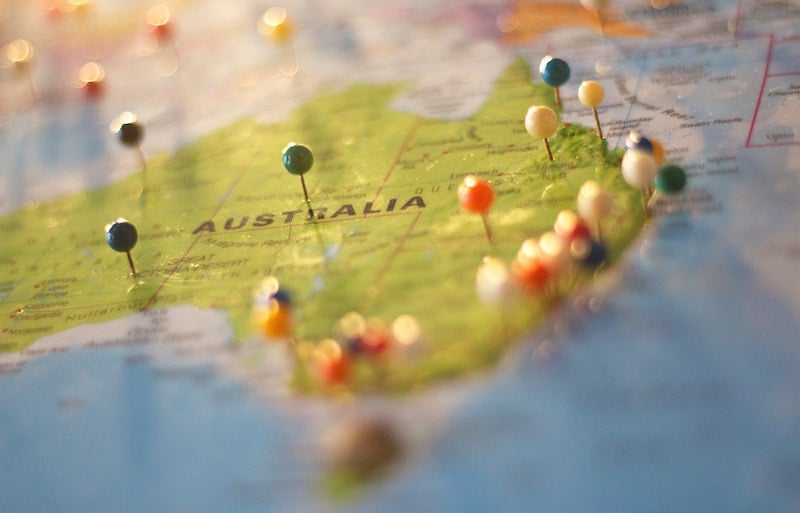
When planning a move to Australia, professional expats are often drawn to the four largest cities - Sydney, Melbourne, Brisbane or Perth. In 2018 Mercer published a survey that ranked the 39 factors that made a city most desirable to expats. The results ranked the top 21 cities in the world, and the top 5 in each region, based on quality of life.
Three of Australia’s biggest cities were featured in the list for the world’s Top 21 cities - with Perth coming in at number 21, Melbourne at 16 and Sydney at number 10. According to Mercer, the coastal haven of Melbourne is one of the best places in the world for education and healthcare, whereas Perth is home to some of the country’s most beautiful beaches. Outside of being the capital of New South Wales, Sydney is Australia's financial hub, with an attractive cultural scene and some of the country's best restaurants.
However there are neighbourhoods adjacent to these main cities and coastal towns that make equally excellent choices, with a lower cost of living but a similarly high quality of life. CurrencyFair looked at these alternative locations in our article on the best places to live in Australia for families, retirees and young professionals.
How much does housing cost in Australia?
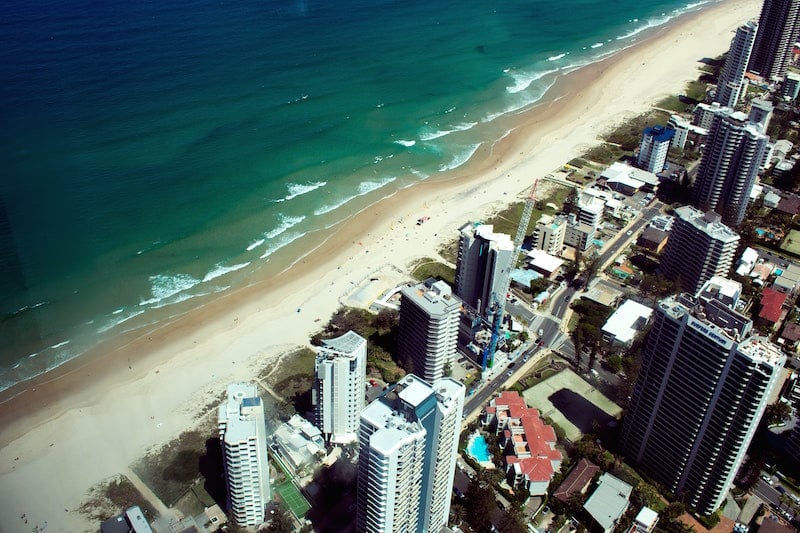
Even if you are earning enough to afford to buy, Australian house prices are on the move. According to globalpropertyguide.com, property in Australia rose by 11.1% in eight of its major cities throughout 2017. Sydney has the most expensive housing in the country, with the mean house price of $903,700 recorded in the second half of 2017 being about 33% above the national mean house price. In contrast, Tasmania has the cheapest housing in Australia, at a mean price of $360,400 over the same period.
However there has been trouble on the horizon for the Australian property market so far in 2018 with prices expected to drop by up to 4% in Melbourne and Sydney.
For anyone planning on investing long-term in property in any of these locations, check out our complete guide to buying a house in Australia. It is important to be aware of the details around what type of property you can buy as an expat. Purchasing property is subject to Foreign Investment Review Board (FIRB) approval and you can only buy an unoccupied new dwelling - if the FIRB feels that the purchase will not add to the shortage of properties available to native Australians.
If buying is not in your plans, renting is a more affordable option for most expats living in Australia. Once again prices vary from city to city and even within the same neighbourhoods.
According to expatistan.com, it is more expensive to rent in Sydney than in Melbourne. Monthly rent for an 85 sqm (900 sqft) furnished accommodation in an “expensive” Sydney neighbourhood is approx 51% more expensive - you will pay $3,707 compared to $2,450 in a similar neighbourhood in Melbourne. If you are renting on a budget, an 85 sqm (900 sqft) furnished accommodation in a “normal” neighbourhood in Sydney is estimated to be 36% more expensive at $2,718, compared with $1,993 in Melbourne.
Travel and commuting in Australia

Sydney is rated as 33% cheaper for transport costs than in a city like London - good news for any Brits thinking of moving Down Under as they get to go further for less. A monthly transport ticket in Sydney like the Sydney Opal card will set you back $189.30 where a similar monthly pass like the Oyster card will cost you $239.45 in London according to numbeo.com.
Compared with the other major Australian cities, a monthly travel pass cost is $145.52 in Melbourne and $130.43 in Perth, which is over 30% cheaper than Sydney.
The Sydney Opal card allows you to catch trains, buses, ferries and light rail in Sydney and its surrounding areas: north to Newcastle, west to the Blue Mountains and south to Wollongong and the Southern Highlands. In comparison, the Oyster card is limited to public transport in central London.
It's not just public transport costs where expats in Australia can save on living costs. If commuting by car, the cost of fuel can be much lower too. One litre of gas will set you back approximately $1.40 in Sydney. By comparison it would cost $2.19 in London (expatistan.com).
We also looked at the cost of living for a UK expat Down Under in our article on why British expats move to Australia.
Health and fitness

Anyone living in Sydney gets to enjoy on average 75% more sunny hours than living in London With such great weather to enjoy in most of the major cities, Australians can make the most of the outdoors after work and on weekends. Australia has a really strong cultural interest in outdoor pursuits like walking, running and cycling. For any chilly days or more likely days where it is too hot to work out under the sun, there is always the gym. Prices for joining a gym range from city to city in Australia, but generally you can enjoy working out indoors for $110 per month in Sydney, $76 in Melbourne and at almost half the cost for just $59 in Perth according to expatistan.com
It is not just working out and fitness that leads to a healthier life in Oz. Australia is sometimes known as the “lucky country” and looking at its life expectancy figures, you would have to agree. Organisation for Economic Co-operation and Development (OECD) data shows the lifespan of both Australian men and women has increased. People born in 2011–2013 are now expected to live to around 33–34 years longer than Australians born between 1880 and 1890.
Life expectancy is on the rise due to the high quality of life, improved living conditions and advancements in the Australian healthcare system known as Medicare. A 2017 comparison between the healthcare systems of commonwealth countries shows Australia ranking just behind the UK for the performance of its healthcare system, with Canada, France and the US falling below the international average.
All this means that for any illness or medical treatment you (hopefully won’t, but) may require while in Australia, you are in good hands.
Eating in... and out
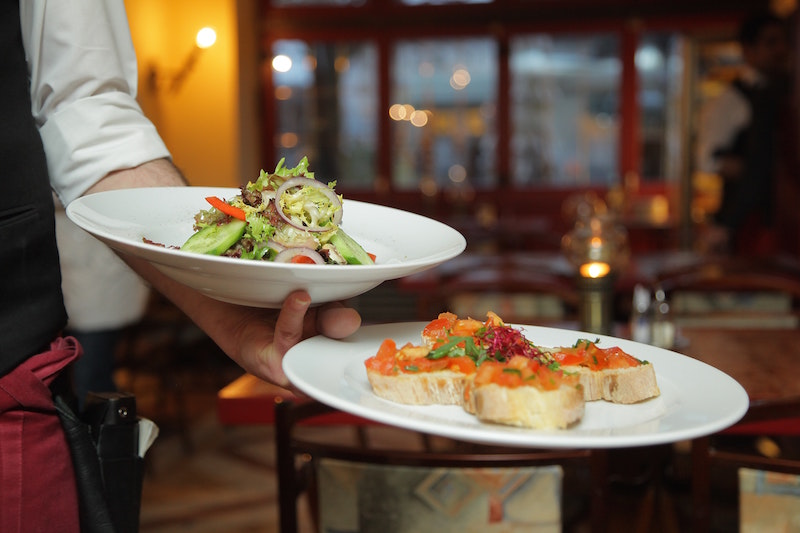
Another tasty way to enjoy the outdoors in Australia is by dining al fresco in a top restaurant. Dinner for two at an Italian restaurant in a typically expat area including appetisers, main course, wine and dessert will cost you $109 in Sydney compared with approx $103 in Perth and $92 in Melbourne.
If enjoying a home-cooked meal is more your style, then a decent bottle of red wine to go with it will set you back $17 in Perth, $18 in Melbourne and $20 in Sydney.
The ultimate expat test in any city is the price of a cup of coffee. Your morning cappuccino in an expat area of Perth is $4.82 but slightly cheaper at $4.29 in Sydney and $4.27 in Melbourne. Considering that you will most likely enjoy it outside under a clear blue sky, it’s worth it. (Source: expatistan.com).
Extra costs to consider when moving to Australia

It’s not all work and no play when living in Australia. For a Saturday night at the movies, two tickets will cost you around AU$40 in Sydney compared with the price of $36 in Perth and $38 in Melbourne. So not a drastic difference there if you want to escape into the air conditioning for 2.5 hours.
A further selling point for most expats is how much more money you can earn in Australia - a major draw for expats from the UK. With the average monthly salary in Australia coming in at approximately $5,140 according to Numbeo, a move Down Under looks very attractive when compared with an average salary of approximately $4,393 in London - an almost 15% difference when working in Australia.
With world-class healthcare, amazing weather and exciting growth in the tech and startup space, Australia will continue to be a top choice for expats worldwide.
If you are heading to Australia our Moving to Australia checklist covers all the important factors to make your move Down Under a success.
For when you need to transfer savings to Australia or send money from Australia back to the UK, CurrencyFair offer you the support, speed and great exchange rates for your money transfers.
Banks hide their fees in poor exchange rates, often charging as much as 3%-6% in excessive margins. CurrencyFair is around 0.45% away from the interbank rate meaning it's up to 8x cheaper for you to transfer money between the UK and Australia with CurrencyFair.

